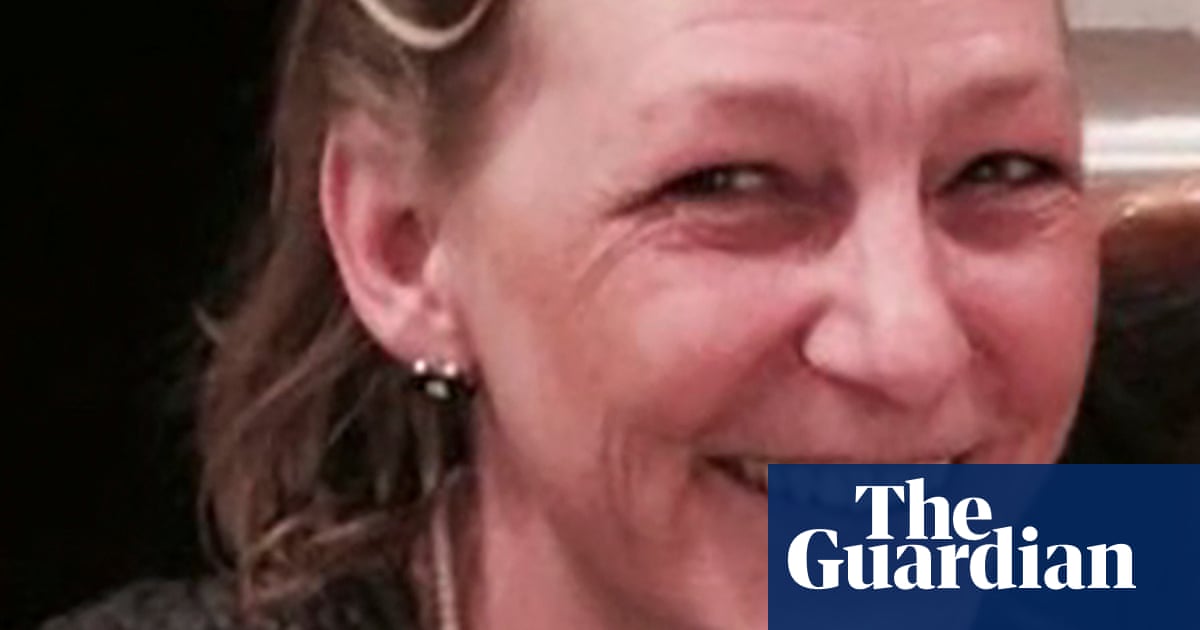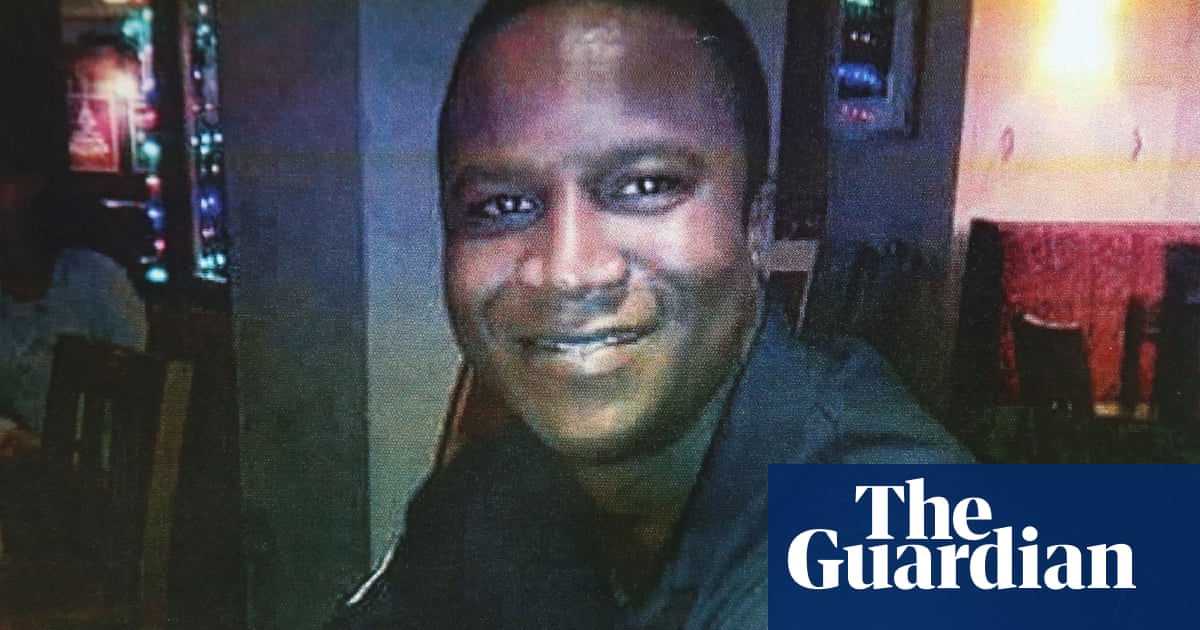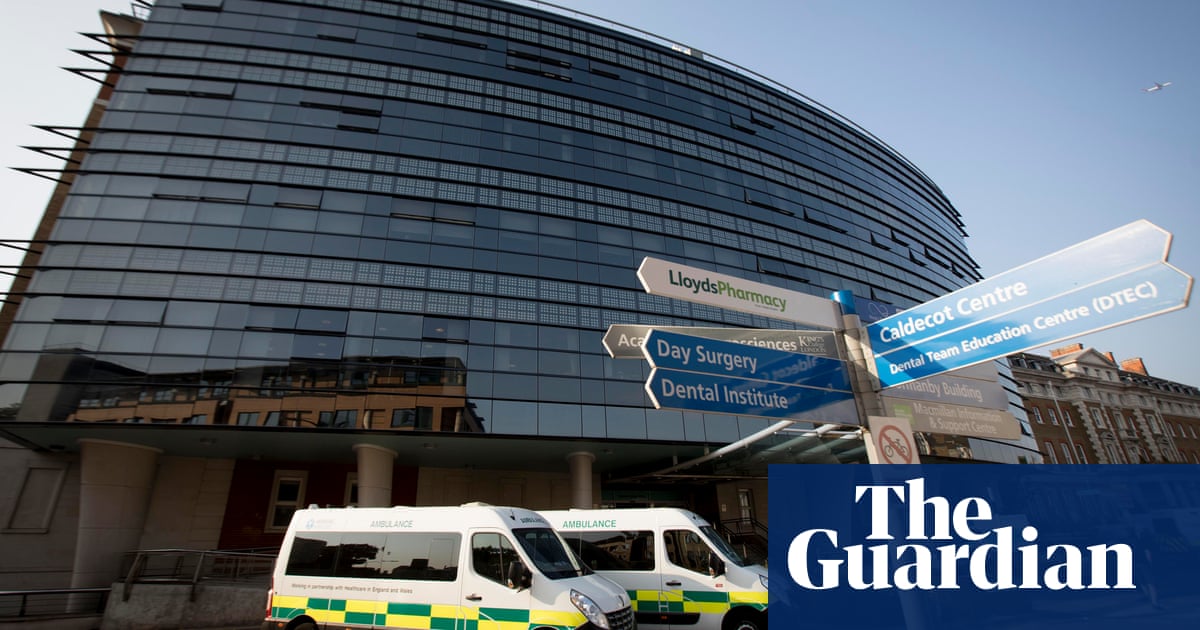
The role the Russian state played in the death of a woman in the Wiltshire novichok poisonings may be examined in a British court after a successful legal fight by her family.
Relatives of Dawn Sturgess argued her inquest should look at who may have ordered the attack from Moscow, claiming there is deep public interest in finding out as much about the atrocity as possible.
They challenged the decision of the senior Wiltshire and Swindon coroner, David Ridley, that only the actions of the agents who were on the ground should be considered.
After a two-day judicial review two high court judges quashed the coroner’s ruling and concluded there was “acute and obvious public concern” over the case.
The judges, Lord Justice Bean and Mr Justice Lewis, highlighted that there was no realistic prospect of a criminal trial in the UK of those involved in the attack.
Sturgess’s father, Stan, welcomed the ruling and said: “We want to get to the truth of what happened to Dawn. It’s not just for the family. We feel it is in the public interest to learn as much as we can.”
Sergei Skripal, a former Russian spy, was the target of the initial novichok attack in Salisbury on 4 March 2018. He, his daughter, Yulia, and a police officer, DS Nick Bailey, were poisoned but survived.
At the end of June 2018, mother-of-three Sturgess, a mother-of-three, and her partner, Charlie Rowley, were poisoned in Amesbury, eight miles north of Salisbury, after he found a fake perfume bottle containing novichok. Rowley recovered but Sturgess, 44, died on 8 July.
Last year, the coroner said he would consider the actions of two Russians, Alexander Petrov and Ruslan Boshirov, who were allegedly the agents on the ground who carried out the attack. But he argued Sturgess’s death was too remote from the attack on Skripal to allow the scope of her inquest to be expanded. His decision was backed by the home secretary, Priti Patel.
Challenging the decision, lawyers for the Sturgess family said it was “inconceivable” that Petrov and Boshirov had operated in “a bubble” and claimed the operation must have been authorised by the Russian state – possibly right up to the president, Vladimir Putin.
They also said the bottle of the nerve agent may have been deliberately left behind as part of a campaign to undermine security in the UK.
On the argument that Sturgess’s death was too remote from the Skripal attack and she was “collateral damage”, the judges said: “We cannot see, with respect, why it makes any difference whether the lapse of time was four days, four weeks or four months.”
They added: “We very much doubt whether the ‘collateral damage’ point is a sufficient basis for excluding evidence of the activities of every Russian state actor other than Mr Petrov and Mr Boshirov.
“There is acute and obvious public concern not merely at the prima-facie evidence that an attempt was made on British soil by Russian agents to assassinate Mr Skripal and that it led to the death of Ms Sturgess, but also at the fact that it involved the use of a prohibited nerve agent exposing the population of Salisbury and Amesbury to lethal risk. There has been, and (to be realistic) there will be, no criminal trial in which the details of how this appalling event came to occur can be publicly examined.”
The ruling will be sent to the coroner and it will be up to him to look again at the scope of the inquest and decide how to proceed.












